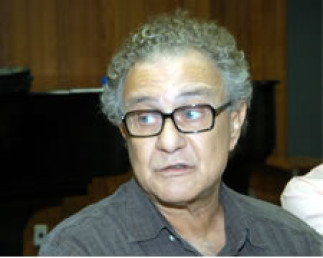Conférencier :
Rafael José de Menezes Bastos, Departamento de Antropologia, Universidade Federal de Santa Catarina, Brésil
The Kamayurá (Apùap) system of classification, identification and nomination of the musical-acoustic domain is comprehensive, sophisticated and powerful. These Indians inhabit the Upper Xingu region of Central Brazil and speak a Tupi-Guarani language. The system in question involves communication with ‘humans’ and ‘non-humans’ (‘spirits’, ‘animals’ and ‘inanimate beings’) and is the basis for what I have called world hearing, a worldview whose cosmological and philosophical primacy is phono-auditory.
The distinction between ‘human’ and ‘non-human’ as established by the Western world (typically informed by Enlightenment thought) makes no sense to these Indians, for whom these beings can be situated at the same ontological level. This invalidates our three-way split between ‘nature’, ‘culture’ and ‘supernature’. The basis of their musical-acoustic system is the virtuosic perception and ability of the performers (using voice and musical instruments), which enable the Kamayurá to converse with ‘animals’, ‘spirits’ and other beings, and listen to their sound productions, often taken by Westerners to be inaudible or even nonexistent. This paper develops an earlier text from 1999, revisiting the Kamayurá cited system and comparing it to those reported in other areas of lowland South America. It briefly discusses the potential consequences for current debates on the relational modes between ‘humans’ and other beings, and suggests that the Kamayurá system forms the basis for a biopolitics of sensoriality without, or, better, against modernity. The text calls for new research into acoustic-musical perception in the region (and into perception in general), the universe of ritual, and their connections with the worlds of power and politics.
Conférence organisée par le Département d'anthropologie de l'Université de Montréal

